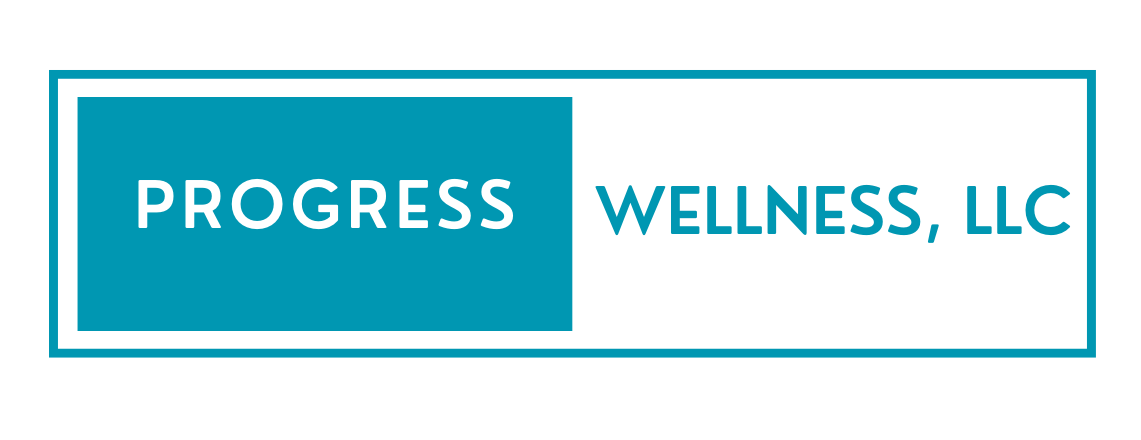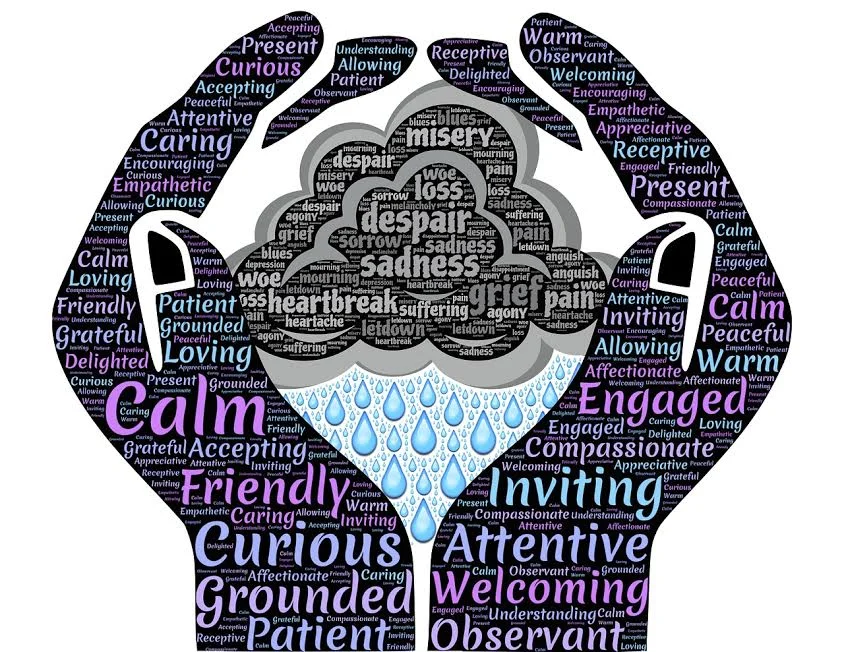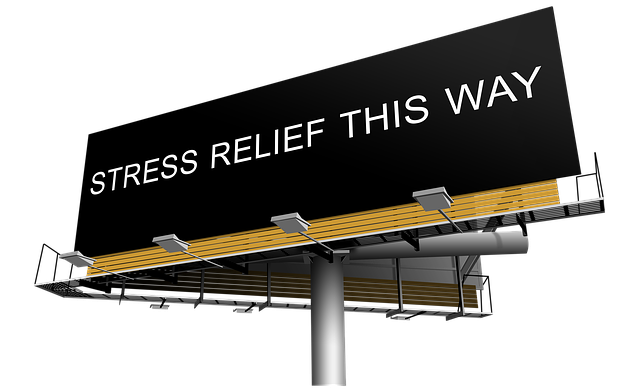This month, I wanted to talk about why mantras or positive statements we repeat to ourselves can play an important part in helping us get through challenging times. Mantras can help us feel more centered, grounded, and empowered while we are feeling a bit scared, sad, or even angry.
In 2017, I discovered that one of my favorite singers (Ani DiFranco) would be performing in Edinburgh. I thought about how fun it would be to see her play and thought I could take this opportunity to make my first solo trip. Although I have flown alone many times, I had always had plans to meet someone on the other end before. But an entire week in Scotland ending with Ani sounded like the perfect adventure!
Until uncertainty and self-doubt emerged, I started to think, “What if I miss my connecting flight? What if I get lost? What if I feel awkward eating dinner alone? What if, what if, what if…”
I knew I wanted to go, but the thought of going also made me feel scared and anxious. I also knew that this challenge would be an opportunity to embrace fear and uncertainty—a great opportunity for personal growth. So that’s when I said to myself, “If something makes me anxious, I am going to do it anyway.” That has been my mantra ever since.
My new mantra helped me move through the fear and book the trip. I am so glad I did it because I had a blast. I met new people. I had dinner alone and loved it. I went on tours and walked around the city. I did not get lost, but I did almost miss my connection on the way back to Boston. I reframed that experience by saying, “If I miss my connection, I can spend a night in Ireland, which wouldn’t be such a bad thing.”
This new mantra has also helped me both personally and professionally.
In my personal life, I’ve been taking risks by joining clubs and attending different events on my own, something I might not have done before. I’ve made good friends out of those experiences. Now I also know that I enjoy dinners alone, and I feel confident taking more social risks.
On the professional side, I have created a blog, written for HuffingtonPost.com, Today.com Parenting, and ThriveGlobal.com. I’ve done interviews for Bustle.com, PopSugar.com, and many other national media outlets. I have agreed to be a guest on national podcasts and radio stations where I talked about stress and anxiety management. I have even written a stress management course called Breaking Everyday into Slivers Not Chunks: Practical Skills to Manage Every Day Stressors. Doing this work made me feel anxious, nervous, excited, and scared all rolled up into one. I’d never done any of these things before. And I said “yes” to it all.
Answering “yes” to such opportunities can lead to amazing experiences. But I know it also brings uncertainty and risk, which means I open myself up to fail. I just remind myself that if I do flub or bomb, then at least I’ll learn from it and possibly get a good story out of the experience!
I’ve learned that, sometimes, we have to experience some discomfort in order to grow. If it makes me anxious, I am going to do it anyway.
I’m not talking about being-alone-in-a-dark-alley-at-midnight type of anxiety where there is a likelihood of actual danger. I’m talking about when anxiety tries to convince us that the idea of failure is too strong to take a risk, and tries to force us to make a decision to not go for something we want.
If it makes me anxious, I am going to do it anyway. This is what I say to myself on a regular basis, and this way of thinking has served me well. I want to pass along this experience in case it helps others like it has helped me.
I encourage you to find a statement, quote, or mantra that you truly feel holds your feet to the fire when there is an opportunity to embrace uncertainty rather than run away from it.













